Description
Cornflower Black Ball
Cornflower Black Ball produces very dark rich crimson flowers in clusters . From Jun onwards on strong wiry stems reaching approx. 75cm – perfect for cutting & also drying. Centaurea is a hardy and easily grown cottage garden annual which prefers full sun and a rich well drained soil.
Cultivation Advice For Cornflower Black Ball
- ‘Black Ball’ cornflowers prefer well-draining, fertile soil. They thrive best in full sun but can tolerate partial shade.
- Ensure the soil pH is around neutral (6.0 to 7.0) for optimal growth.
- Sow seeds directly into the garden after the last frost date. Make sure the soil is warm enough for germination.
- Plant seeds about 1/4 to 1/2 inch deep and space them around 6 to 12 inches apart.
- Keep the soil consistently moist but not waterlogged, especially during the germination phase. Once established, they are somewhat drought-tolerant but benefit from regular watering during dry spells.
- Apply a balanced fertilizer during planting if your soil lacks nutrients. Avoid excessive nitrogen-rich fertilizers that might encourage more foliage than flowers.
- Mulch around the plants to retain moisture and suppress weed growth. Keep the area around the plants free from weeds to reduce competition for nutrients.
- Regularly remove spent flowers to encourage continuous blooming throughout the growing season. Deadheading helps in promoting new flower production.
- Taller ‘Black Ball’ cornflower varieties might benefit from support to prevent bending or breaking in strong winds. Consider staking if necessary.
- ‘Black Ball’ cornflowers are relatively resistant to pests and diseases. However, monitor for aphids, spider mites, and powdery mildew. Treat any issues promptly.
- If collecting seeds for future planting, allow some flowers to mature and dry on the plant. Harvest seeds when the flower heads turn brown and store them in a cool, dry place.
- Mulch around the plants to protect the roots in colder climates. Alternatively, grow ‘Black Ball’ cornflowers as annuals and replant seeds the following year.
- Regular deadheading is crucial for prolonging the flowering period. Remove spent blooms promptly to encourage continuous flowering.
- ‘Black Ball’ cornflowers can serve as excellent companions for various garden plants. They attract pollinators and can be used in mixed flower beds or alongside vegetables to enhance biodiversity and pest management.
- Employ heavy mulching around the base of the plants in colder climates to insulate the roots from freezing temperatures. This can improve their chances of surviving the winter.
- Propagate ‘Black Ball’ cornflowers through seed collection or division. Harvest seeds from mature flowers for subsequent planting. Additionally, dividing mature plants in early spring can create new plants.
- Regularly inspect plants for signs of diseases or pest infestations. Early detection allows for easier management and prevents issues from spreading.
- To maintain vigor, consider dividing or replanting younger shoots. This rejuvenation technique ensures healthy growth and continuous flowering.
- Before planting, amend the soil with organic matter like compost to improve fertility and moisture retention. This aids in providing necessary nutrients for the plants.
- If growing ‘Black Ball’ cornflowers in containers, ensure adequate drainage in the pots. Employ a good-quality potting mix and water regularly, especially during warmer months.
- Adjust care routines according to seasonal variations. Increase watering during hot periods and reduce it in cooler months to prevent waterlogging.
- Finally, take pleasure in the process! Gardening can be incredibly rewarding. Take time to appreciate the beauty of the ‘Black Ball’ cornflowers as they flourish and bloom in your garden.
- To collect seeds for the next planting season, allow a few flower heads to dry naturally on the plant. Once dry, carefully harvest and store the seeds in a cool, dry place for future use.
- ‘Black Ball’ cornflowers can naturalize in favorable conditions. Encourage self-seeding by leaving some flowers to mature and drop seeds naturally. This can result in volunteer plants in subsequent years.
- Enhance your garden’s biodiversity by planting other flowering plants nearby to support pollinators and beneficial insects. This can create a balanced ecosystem that benefits the ‘Black Ball’ Cornflowers.
- Employ companion planting strategies to deter pests. Plants like marigolds and aromatic herbs can repel common garden pests while supporting the growth of cornflowers.
- Practice succession planting by sowing seeds at different intervals throughout the growing season. This staggered planting ensures a continuous supply of blooms.
- Regularly test and adjust soil pH if necessary to maintain optimal growing conditions for ‘Black Ball’ cornflowers. Proper pH levels support nutrient uptake and overall plant health.
- Apart from regular deadheading, consider selective pruning to encourage bushier growth and more flower production. Prune back leggy stems to promote a more compact and robust plant.
- During extreme weather conditions, use temporary covers or shades to shield ‘Black Ball’ cornflowers from excessive heat or unexpected frost to safeguard the plants.
- Embrace experimentation in your gardening approach. Try various techniques and observe how the ‘Black Ball’ Cornflowers respond to different conditions in your specific garden environment.

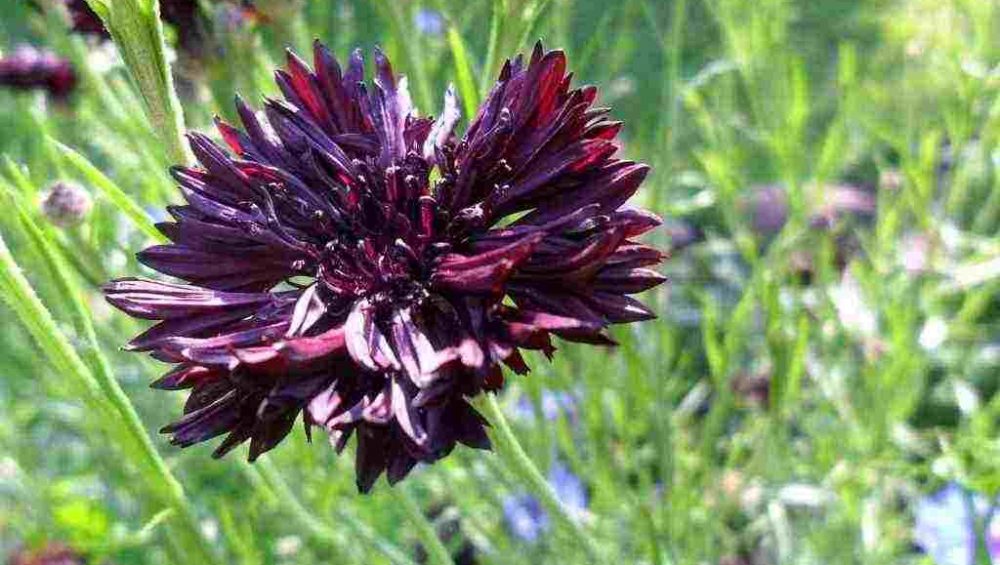
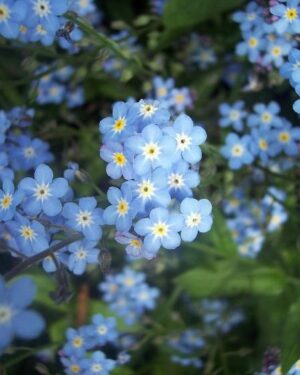
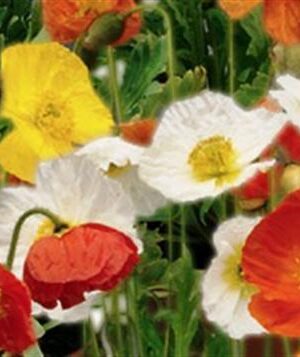
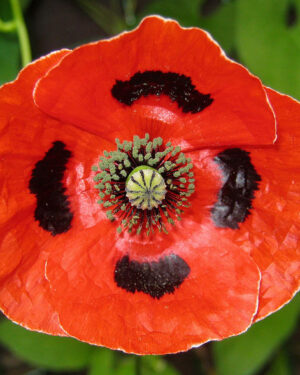
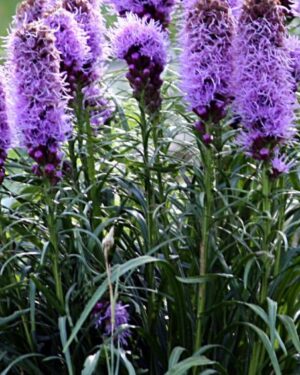
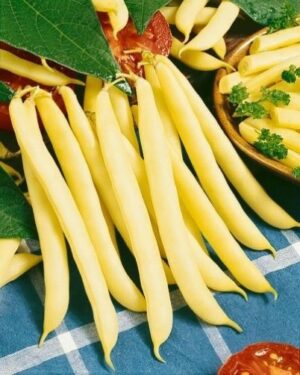
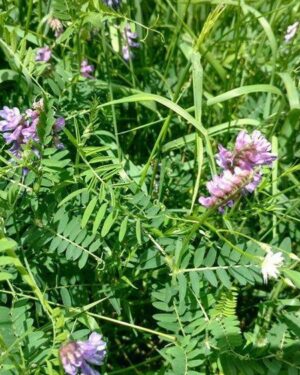
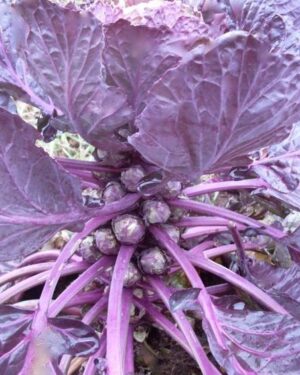
Reviews
There are no reviews yet.